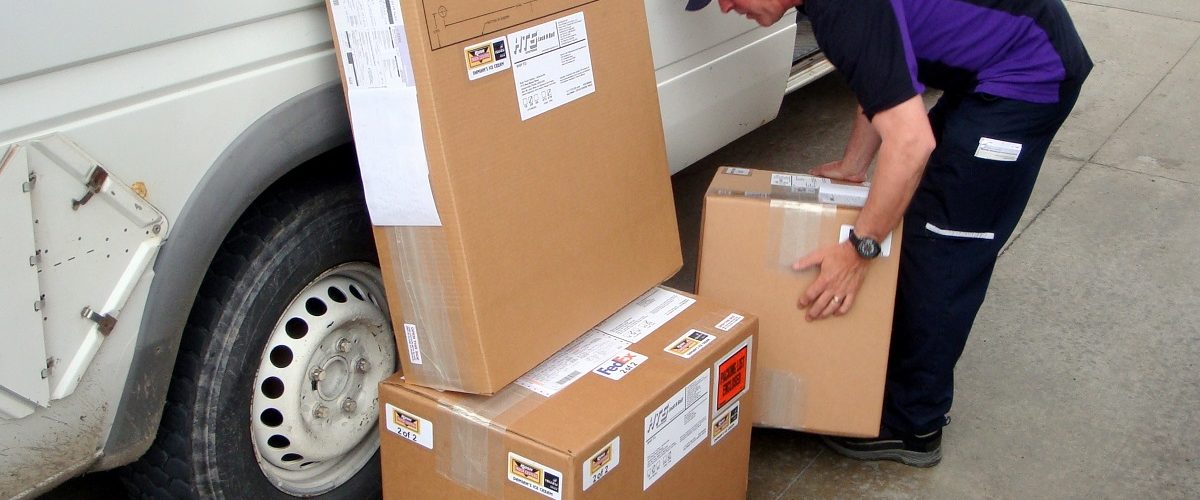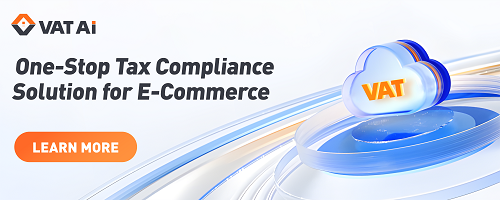Source Curia
On 24 December 2018, the European Court of Justice received preliminary questions in case C-703/18 (Healthspan Limited).
Unofficial translation
Facts (simplified):
Healthspan Limited is a company registered in Guernsey that sells prescription-free health products via the Internet, telephone and mail order. Between 1 April 2012 and 31 January 2016, the vast majority of Healthspan products were shipped from a warehouse in the Netherlands and delivered to private customers in the United Kingdom.
The request for a preliminary ruling concerns products ordered by customers from the United Kingdom via the internet or mail order and subsequently delivered by post. Those customers had entered into an agreement for the delivery of the goods with another company, “PostDirect”. This company was a subsidiary of a Dutch company.
HMRC concluded that the goods had been delivered in the United Kingdom because they had been dispatched or transported “by or on behalf of the supplier”, i.e. Healthspan, and thus fell within the scope of Article 33 of the VAT Directive. HMRC has not argued that the schemes involved abuse.
Healthspan appealed, arguing that PostDirect acted “on behalf of” the customers and not on behalf of Healthspan.
The referring court notes that the Court has recently received a request for a preliminary ruling from Hungary in Case C-276/18 (“KrakVet”) See HERE. The Krakvet case also concerns questions concerning the interpretation of Article 33 of the VAT Directive. It is possible that the Court will treat the questions from the referring court together with the questions raised in Case C-276/18.
The preliminary ruling request contains more details on the set-up and business of Healthspan. For example, Healthspan received confirmation from the Dutch VAT authorities that the rules on VAT for distance sales were not applicable, as customers who bought goods from Healthspan entered into a separate agreement with a Dutch company for the delivery of those goods. Instead, delivery of the goods in the Netherlands took place on the basis of Article 32.
The question thus is, if Healthspan has made sales in the Netherlands, subject to Dutch VAT, as Healthspan did not order/arrange the transportation of the goods (but the customer), or if Healthspan has first transferred its own goods to the UK, and made local supplies in the UK, subject to UK VAT.
Preliminary questions:
The ECJ received the following questions:
(1) When a customer enters into an agreement (a) with a supplier to purchase goods and (b) with an external delivery service for shipping and delivery, are the goods then deemed to have been delivered from the place where they are at the time of departure of shipping or transport to the customer (article 32 VAT directive)?
(2) If this is not the case, when can it be argued that goods are transported “by or on behalf of the supplier”, if the customer concludes an agreement with the delivery service and one of the following points applies and, if so, which point or which points:
(a) The customer has no alternative in practice for the use of the delivery service.
(b) The customer only has contact with the supplier and not with the delivery service.
(c) The supplier and the delivery service agree the price to be charged by the latter without the customer’s input.
(d) The supplier reimburses the delivery costs to the customer by means of a discount on the price of the goods.
(e) The supplier collects the delivery costs from the customer and pays them to the delivery service.
(f) The contractual conditions that determine when the ownership of the goods passes to the customer are not logical from a commercial point of view, but in practice this does not matter, because the supplier reimburses the costs of any damage to the goods during transport to the customer.
(g) With regard to delivery costs, when there is a problem with the first delivery:
i. the supplier is obliged by virtue of his agreement with the customer to reimburse the costs that the customer has already paid;
ii. the supplier is not obliged under the agreement with the customer to reimburse those costs, but he does so in practice;
iii. the supplier (and not the delivery service) will pay the costs of these reimbursements in both cases; and / or
iv. the supplier is obliged by virtue of his agreement with the customer to pay both the costs of sending replacement goods and the associated delivery costs; or
v. is the supplier obliged by virtue of his agreement with the customer to pay for the costs of sending replacement goods, but not for the delivery of replacement goods, but does he actually do the latter in practice?
3. In the case of a negative answer to the second question, does the delivery service act on behalf of the supplier if more than one of the above points apply? If so, what factors should be taken into account and what weight should be assigned to each factor?
4. In case of an affirmative answer to the second or third question, shall the delivery service act on behalf of the supplier if the supplier intervenes directly or indirectly in the transport or dispatch of the goods, as will be the case from 2021? In other words, are the changes made by Directive 2017/2455 more simply expressed in clearer terms than the meaning of Article 33 in its current form?
Source: MinBuza (Dutch)















